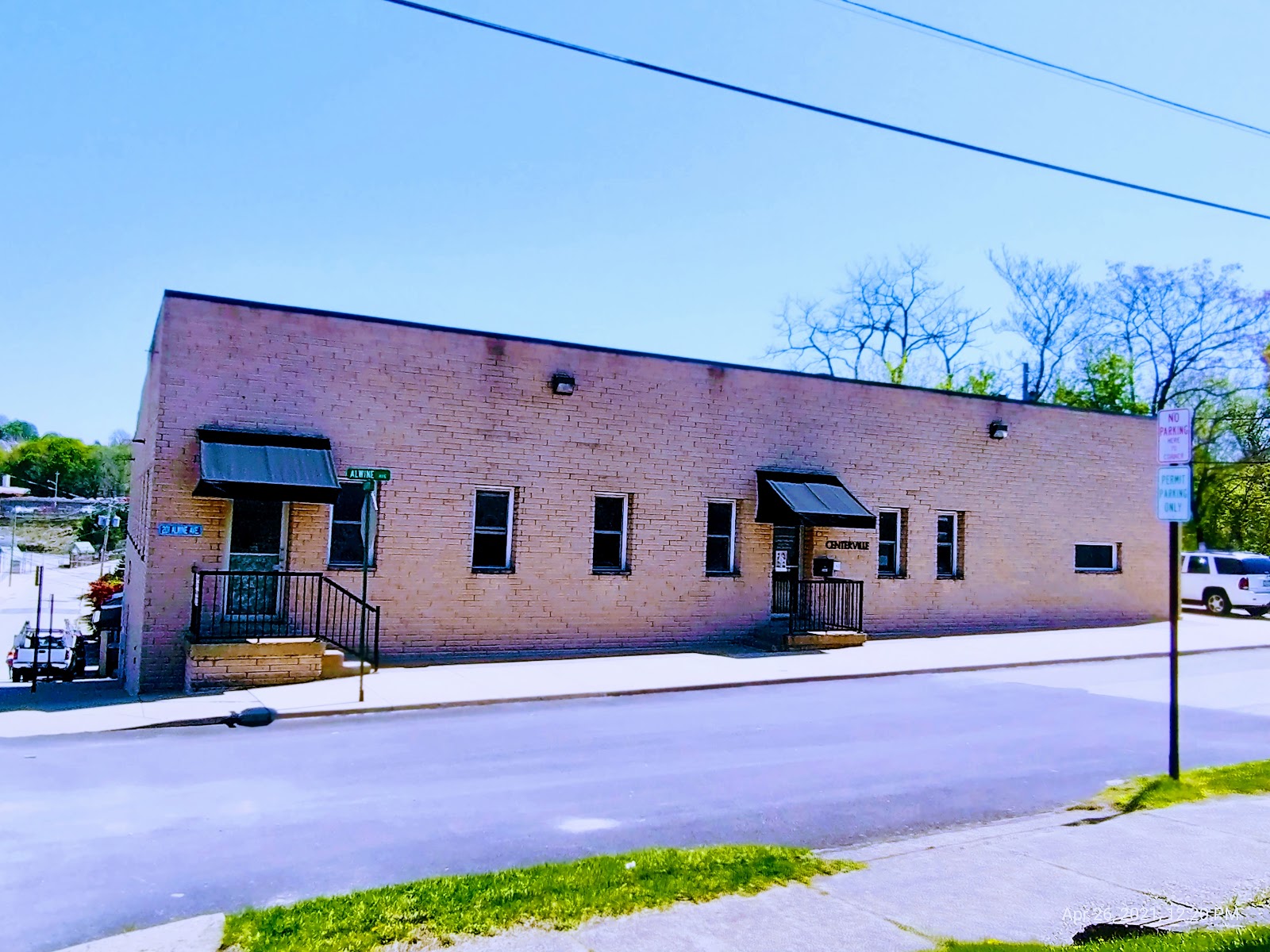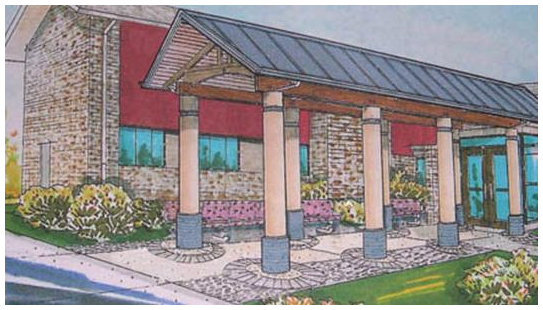Centerville Clinics
Overview
Centerville Clinics is a mental health treatment center for people seeking treatment near Westmoreland County. As part of their treatment modalities for recovery, Centerville Clinics provides individual psychotherapy, group counseling, and family counseling during treatment. Centerville Clinics is located in Greensburg, Pennsylvania, accepting medicaid for treatment.
Centerville Clinics at a Glance
Payment Options
- Medicaid
- State mental health agency (or equivalent) funds
- Cash or self-payment
- Sliding fee scale (fee is based on income and other factors)
- Private health insurance
Assessments
- Comprehensive mental health assessment
Age Groups
- Children/adolescents
Operation
- Private non-profit organization
Treatment At Centerville Clinics

Conditions Treated
Mental health treatment:
Mental health treatment provides a safe and structured environment where individuals can receive professional care and support for their mental health challenges. Within the facility, trained therapists, counselors, and medical staff work together to create personalized treatment plans tailored to each person's needs. Patients might participate in a variety of therapies, including individual counseling, group therapy, and possibly medication management. The goal is to equip individuals with the tools and strategies they need to cope with their conditions and lead fulfilling lives.

Levels Of Care
Intensive outpatient treatment:
Intensive outpatient (IOP) supports clients in maintaining their sobriety by providing tailored, high-quality care that adapts to their changing requirements. Clients participate in numerous weekly treatment sessions, generally receiving between nine to twenty hours of outpatient care. As clients achieve stability, the treatment frequency and intensity gradually diminish. Many intensive outpatient rehabilitation centers offer a range of services, including addiction counseling, training in life skills essential for recovery, and medication-assisted treatment (MAT). Additionally, evidence-based complementary therapies are frequently integrated into the program.
Aftercare:
Finishing a drug or alcohol rehab program is not the conclusion of substance abuse treatment but rather a pivotal step toward long-term recovery. Aftercare encompasses devising a sustainable recovery plan coupled with enduring support. It may include sober living environments such as halfway houses, career counseling, and connecting patients with community support programs like Alcoholics Anonymous (AA) or Narcotics Anonymous (NA). This holistic approach ensures a smooth transition into a substance-free life while bolstering resilience against relapse.
Outpatient:
Outpatient programs are designed for individuals in stable medical condition with a low risk of relapse, often those who've completed inpatient treatment. These programs extend the foundation of prior treatment approaches, offering continuous addiction guidance and resources for sustained recovery. For those transitioning straight from detox, medical and psychological assessments are typically conducted, leading to the development of individualized treatment strategies. The majority of outpatient rehab centers provide diverse care levels, customized to each client's unique requirements.

Treatment Modalities
Individual psychotherapy:
Individual therapy is a one-on-one therapeutic interaction between a therapist and a client to address personal challenges, foster self-awareness, and promote mental, emotional, and behavioral growth. This setting provides a confidential and supportive environment for individuals to explore their thoughts, feelings, and behaviors, identify goals, and develop coping strategies. Individual therapy can be beneficial for a range of concerns, including anxiety, depression, stress management, relationship issues, and life transitions.
Group counseling:
Group Counseling is a therapeutic approach where individuals come together under the guidance of a trained counselor to share experiences, offer support, and gain insights. This collective format promotes mutual understanding and growth, allowing participants to learn from one another's perspectives and challenges.
Family counseling:
Family Counseling is a therapeutic service that addresses and resolves conflicts, improves communication, and fosters better relationships within a family unit. Through guided discussions, a trained counselor helps family members gain insight into their dynamics, learn coping strategies, and work towards creating a harmonious living environment. Family Counseling can be a significant step towards improving the overall emotional health and interactions among family members, helping them navigate challenges together in a supportive and constructive manner.
Trauma-related counseling:
Trauma therapy addresses the deep-seated emotional and psychological wounds often linked with substance abuse disorders. Recognizing that traumatic experiences can be a root cause or a significant contributing factor to substance addiction, this therapeutic approach seeks to help individuals understand, process, and heal from their traumas. Doing so fosters emotional healing and bolsters the individual's chances of long-term recovery from addiction. Integrating trauma-informed care into addiction treatment ensures a comprehensive approach that addresses substance abuse's symptoms and underlying causes.
Ancillary Services
Special Programs
- Children/adolescents with serious emotional disturbance (SED)
- Clients who have experienced trauma
- Persons 18 and older with serious mental illness (SMI)

Additional Locations
Contact Information
DISCLAIMER: The facility name, logo and brand are the property and registered trademarks of Centerville Clinics, and are being used for identification and informational purposes only. Use of these names, logos and brands shall not imply endorsement. BetterAddictionCare.com is not affiliated with or sponsored by Centerville Clinics.



